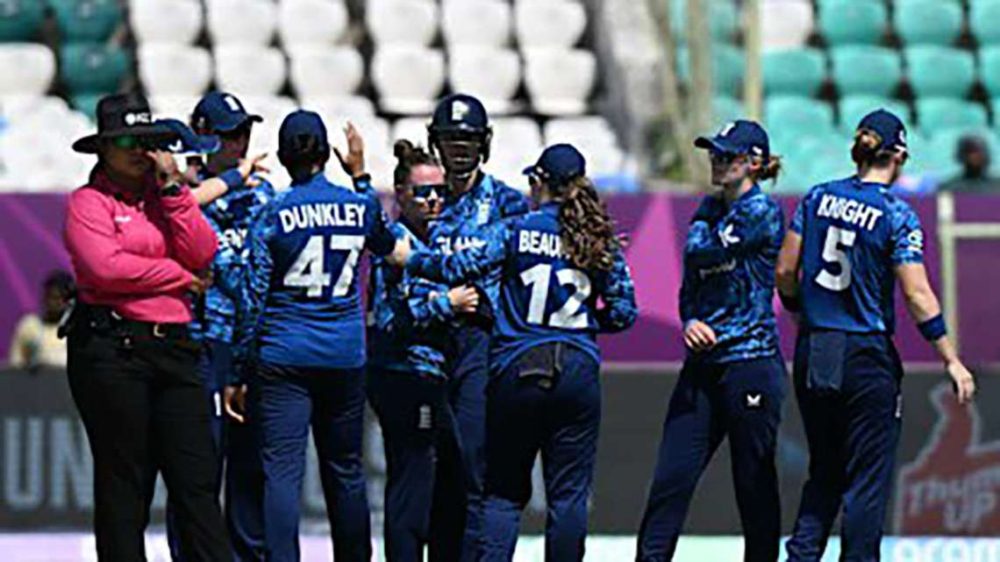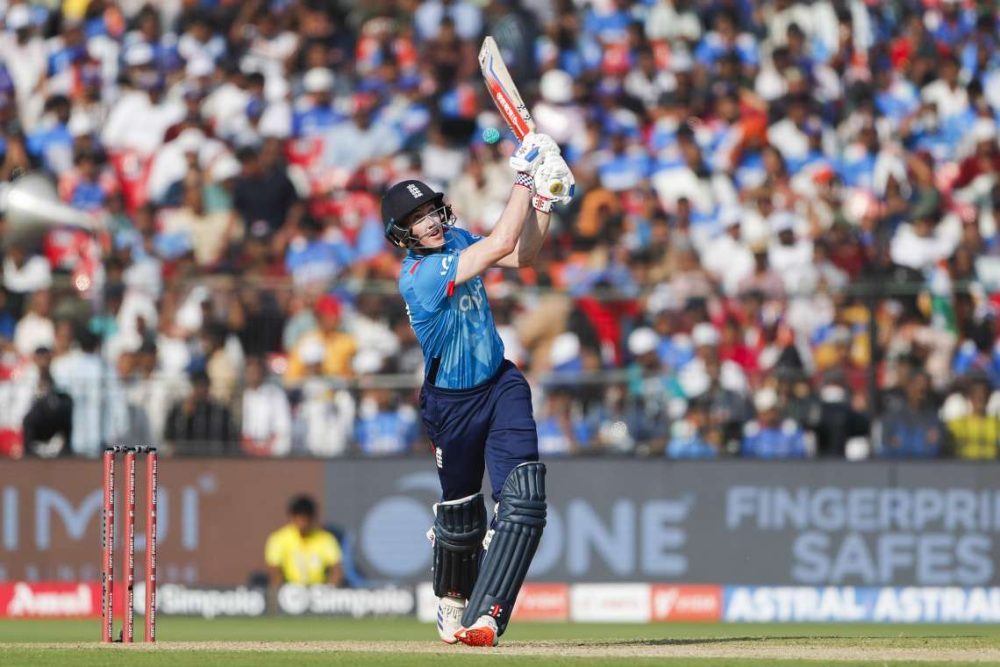Russia was on Thursday banned from using its flag at the 2021 Tokyo Olympics, the 2022 Beijing Winter Olympics, and other major world championships for two years by the Court of Arbitration for Sport (CAS). The CAS’s order is a reduction from the initial four-year ban imposed by the World Anti-Doping Agency (WADA).
“…the flag of the Russian Federation (current or historical) may not be flown or displayed in any official venue or area controlled by a signatory or event organiser appointed by the Signatory at any of the following events during the two-year period: i. The Olympic and Paralympic Games (winter or summer); ii. Any World Championships organised or sanctioned by any Signatory,” said the Switzerland-based CAS in its order.
Russia has also been banned from hosting any world championship-level events during the two-year period.
Athletes from the country will hence be participating in the Tokyo Olympics, which was postponed to July-August next year due to the Covid-19 pandemic, under a neutral flag. They have additionally been barred from featuring the country’s name or emblem “or other national symbol of the Russian Federation” on their clothes, equipment “or other personal items or in a publicly visible manner at any official venues or other areas”.
The order also states that the Russian Anti-Doping Agency (RUSADA) remains suspended and specifies conditions it must satisfy in the two-year period to be reinstated.

While the three-judge panel largely agreed with WADA’s arguments against Russia, it is unclear as to why it reduced the four-year ban imposed by the global anti-doping watchdog to two.
“The consequences which the Panel has decided to impose are not as extensive as those sought by WADA,” said the panel in its preface to the order.
“This should not, however, be read as any validation of the conduct of RUSADA or the Russian authorities. In making its orders, the Panel is limited by the powers granted under the applicable law, in particular the WADC (World Anti-Doping Code) and the ISCCS (International Standard for Code Compliance by Signatories). It has considered matters of proportionality and, in particular, the need to effect cultural change and encourage the next generation of Russian athletes to participate in clean international sport.”
Also Read: IOC bans Lukashenko from Tokyo 2020
Also Read: Indian Team Has Very Good Chance At Tokyo Oly: Jarmanpreet









